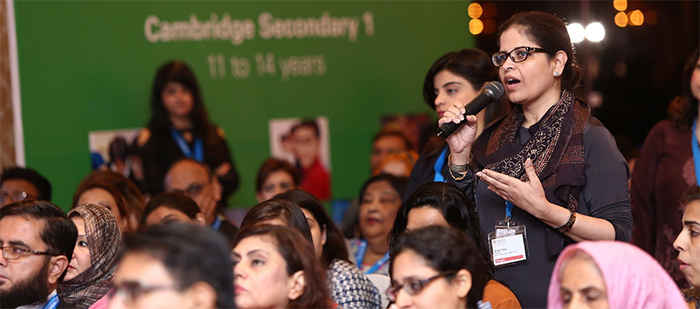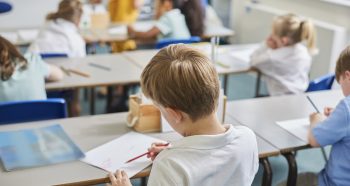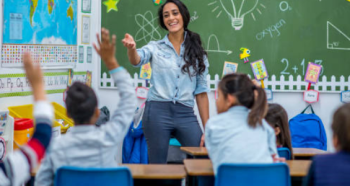In March 2017 I had the pleasure of attending our third annual Pakistan Schools Conference in Karachi. Over 200 educators from almost 180 Cambridge schools were there and the atmosphere at the event was one of collaboration and exploration.
 Building on the theme from 2016, ‘Learning how to learn’, this year’s event focused on ‘Reflective learning’. As school leaders and teachers try to prepare their students for the challenges of an ever-changing and technologically advanced world, reflective learning is becoming increasingly relevant to educators both in Pakistan and around the world.
Building on the theme from 2016, ‘Learning how to learn’, this year’s event focused on ‘Reflective learning’. As school leaders and teachers try to prepare their students for the challenges of an ever-changing and technologically advanced world, reflective learning is becoming increasingly relevant to educators both in Pakistan and around the world.
‘Reflective learning’ is a broad topic and while it would be practically impossible to cover everything in one event, my fellow delegates and I were given a holistic perspective on ‘reflection’. The areas covered included:
- What does it mean to be a reflective learner?
- What does it mean to be a reflective teacher?
- How can schools create a culture of reflective learning?
- How can schools manage and evaluate reflective learning practices?
There was a lot of lively discussion but my key takeaway from the conference was that we can all learn better and improve future performance by reflecting on our own experiences, actions, reactions and events in our lives.
Making the time for reflection
For many of us, life is becoming faster and more challenging on what feels like an almost daily basis. With this in mind, it can be hard to find time for reflection and to practice it systematically. This makes it even more important for teachers to practice reflective teaching so they can help their students develop reflective learning and, by extension, develop the skills needed for their lives both at university and in the working world.
 Dr Tristian Stobie, Director of Education at Cambridge and one of the conference keynote speakers appropriately remarked, ”reflection cannot be avoided. It is part of the process of how humans learn, therefore it makes sense to do it well. The teacher, as a role model, is the most significant influence on (a student) developing effective reflective practice”.
Dr Tristian Stobie, Director of Education at Cambridge and one of the conference keynote speakers appropriately remarked, ”reflection cannot be avoided. It is part of the process of how humans learn, therefore it makes sense to do it well. The teacher, as a role model, is the most significant influence on (a student) developing effective reflective practice”.
The importance of ‘how?’ and ‘why?’
Dr Mark Winterbottom, Faculty of Education, University of Cambridge, also spoke at the conference. He noted that as part of their own evaluation, many teachers simply describe what has happened in the classroom. He went on to explain in detail the importance of adding and answering ‘how?’ and ‘why?’ to lesson evaluations. This will help educators of all levels develop reflective teaching practices that will enable them to challenge students’ thought processes and learning methodology.
The process of reflective learning
Reflective learning isn’t a one-off event, it’s an ongoing process. It’s only once we start to fully embed that process in our lives that we start to see the benefits. I feel that strong reflective practices enable educators to teach in a way that engages young people, challenges them and builds their desire to learn more. Continuous reflection really is the way to help develop teachers and learners who are confident, responsible, reflective, innovative and engaged.
Understanding how we learn is at the heart of a Cambridge education – for students and teachers alike. We explore this in more depth in our latest issue of Cambridge Outlook.
Have you embedded reflective practice in your school? We would love to hear about what’s worked for you and what you’ve learnt from things that perhaps haven’t worked so well.






